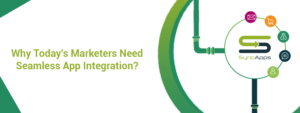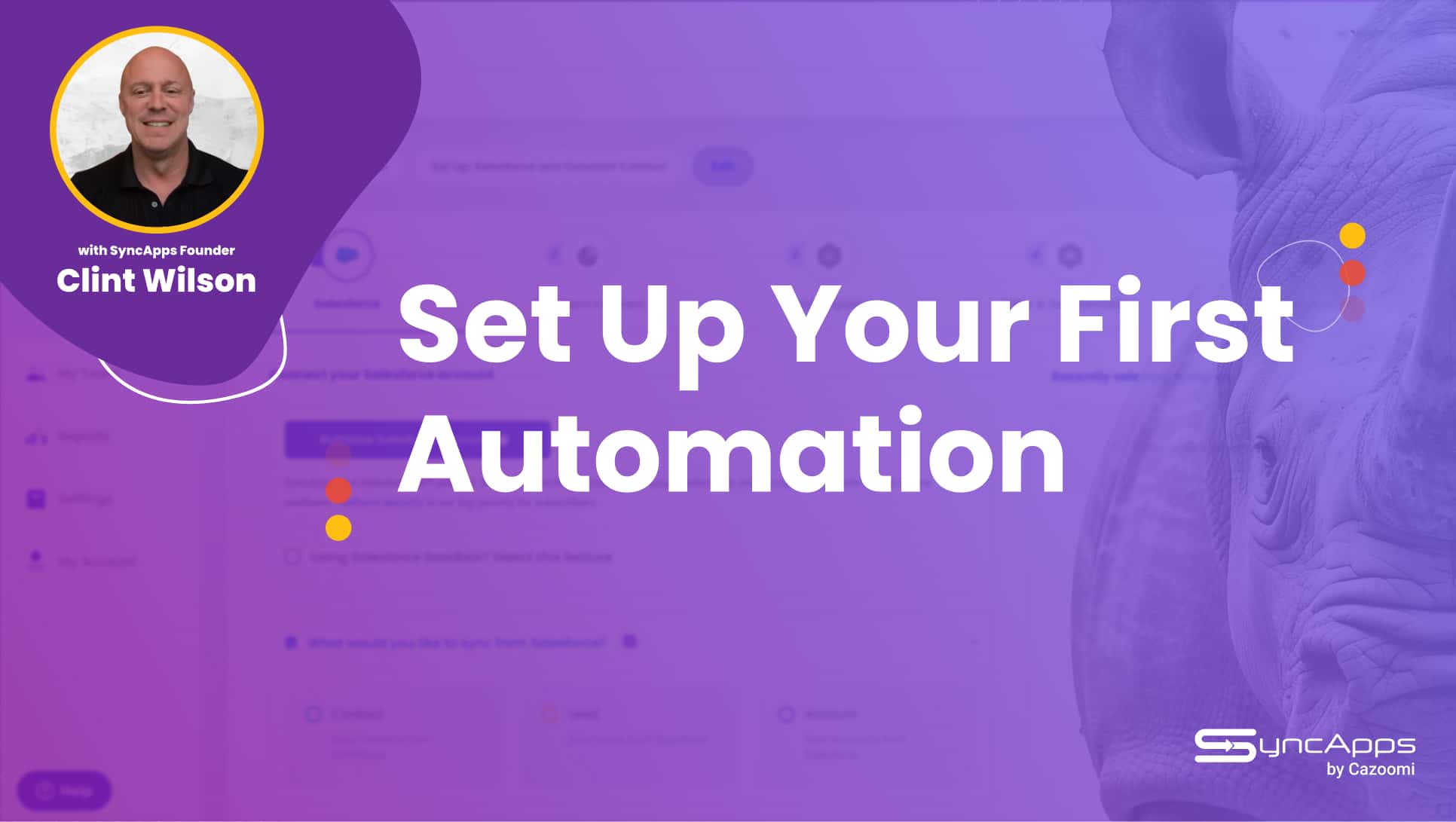
Digital marketing has evolved over the years. There’s no denying that. But let’s think back to what brought to a point where customers need seamless app integration.
It all started with meeting customers where they liked to ‘hang out,’ whether offline or online. Email, social media, apps are just a few of these channels.
Soon enough, marketers realized that it’s not enough to use various channels. They also had to offer customers a seamless experience across these channels. Briefly put, this means that a customer should be able to ‘feel’ a brand the same way in their brick-and-mortar shop, on their website and while scrolling on their social media feeds.
Easier said than done, right?
Marketers from 15 years ago wouldn’t have even conceived having such a problem, let along solving it. However, today’s marketers know that seamless app integration enhances reliability and efficiency. It provides a platform to access several solutions and smooth transitions within the system. Seamless app integration is simply disrupting how marketing is being done.
If you’re still not sure about what it can do for you, take a look below:
Centralized Communication
System integration within a business establishes a central platform for communication.
For example, email is a common tool used by most organizations. Employees and employers are guaranteed quick feedback, thus speeding up the decision-making process.
Need even quicker feedback? You can always integrate email with a chat app and ensure that your questions get almost instant responses.
Furthermore, your marketing team uses different strategies to improve customer experience. These strategies are subject to change. Using cloud apps, you can simply add new services and solutions when you need them. Moreover, you would still have a single point of access for all your communication needs.
The accessibility of data within an organization influences communication and overall performance. Data integration allows the team to sync data and contacts. Synchronization enhances connectivity through automation. It bridges the information facilitating smooth communication.
Improves Customer Experience
Data management plays a crucial role in improving the customer experience. Data integration and management allows the marketing and sales team to analyze trends that influence purchasing decisions. Consequently, this makes it easier for you to meet customer demands.
A seamless system has an interactive interface that allows customer engagement. The sales and marketing team gets to address customers’ queries on time. Consumers can also access relevant business information via email, websites, and social media.
The best customer experience is the one tailored to said customer’s needs. With a unified communication system and app integration, your customers can choose how they want to contact you. Whatever method of communication they use, it’s still easy for you to answer their queries and to use the data they provide you with in future campaigns.
Better Usability and Better Employee Productivity
Seamless application integration should is designed to boost the usability of the system. It is also designed to enhance productivity in an organization as the time span is reduced.
For example, simplifying the ability of your team to retrieve data from services such as Constant Contact with Salesforce or Salesforce to MailChimp will increase process efficiency.
Better yet, when your employees are not stuck migrating data manually or sifting through endless databases, they are free to innovate and excel at growing your business.
Automation
Automation in digital marketing ensures that there are less human errors. System integration guarantees independent control and visibility over the system through constant updates and synchronization.
Your marketing team will be able to deliver accurate and timely results, thus boosting employee productivity. There will be less effort in managing and storing data because of the automatic back-ups.
Research indicates that automated marketing campaigns can increase the conversion of prospects to quality leads by 53 percent. Businesses that integrate their automated campaigns with customer relationship management systems can be achieved this effortlessly.
Cost Saving
Integration minimizes the cost of data management and storage. Your team can enjoy real-time visibility and retrieval of reports and data. The labor cost will also be reduced because you will not need many employees to operate a single automated system.
Conclusion
App integration provides businesses with a competitive edge to deliver excellent services. It creates a platform for business growth and improvements in user experience for employees.
Get your business’ growth started by integrating all your apps now. Get in touch with our team, and they will instantly help you find integration that suits your needs.





